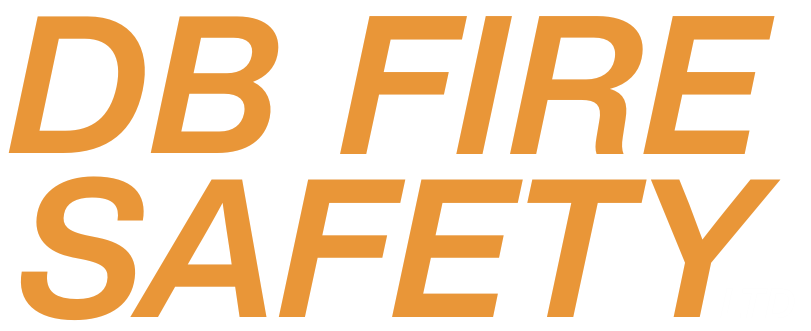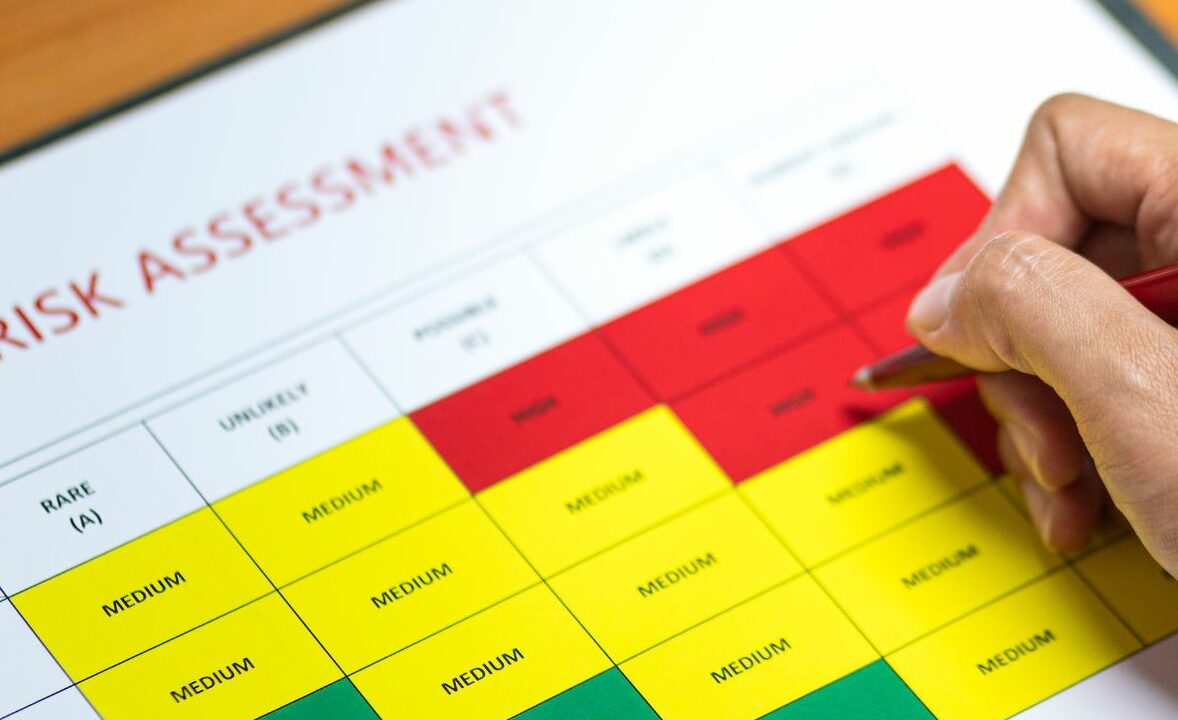Our Blog
Fire Safety Training and Induction Training
Legislation requires that all employers provide appropriate health & safety training to all staff. This includes providing fire safety training instruction…
The Peterborough Biscuit Business Event
Come and see DB Fire Safety Ltd at The Peterborough Biscuit. This major Peterborough business exhibition will have over 120…
Fire Risks In Pubs: Exploding Tea Towels?
It’s 2017 and Happy New Year to you all. With many businesses looking ahead to the new year, the…
DB Fire Safety – new offices
DB Fire Safety Limited are delighted to announce that they are moving to new prestige offices in January 2017……
Fire Safety at Christmas
As we approach Christmas, it is important to bear in mind that the number of fires in the home…
NOW is the time to check your Christmas Lights
It won’t be too long now before its time to tackle the dreaded Christmas lights. Like the writer of…
“Remember, Remember the 5th of November” – Bonfire Night Safety Advice
Bonfire Night, will soon be upon us and celebrated in the customary style of firework displays and lighting bonfires…
Stay Safe This Halloween
It’s that time of the year again, when on 31st October we will be celebrating Halloween. This is the…


